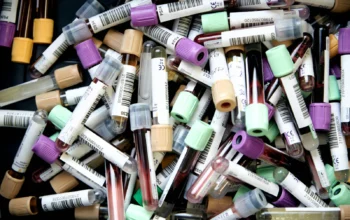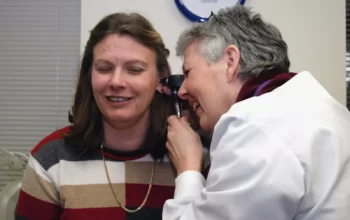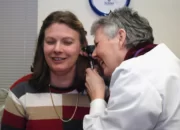middleportal.com – Heart palpitations can be a concerning and uncomfortable experience. The sensation of a racing, pounding, or fluttering heart can be caused by various factors, such as stress, anxiety, caffeine, and dehydration. While usually harmless, finding ways to stop heart palpitations can bring relief and peace of mind. Here are some tips and techniques that may help:
1. Relax and Breathe Deeply
When you’re feeling anxious or stressed, your heart rate tends to increase, sometimes leading to palpitations. To calm your body and mind, practice relaxation techniques like meditation, yoga, or deep breathing exercises. These methods can help regulate your heart rate and reduce palpitations.
2. Avoid Caffeine and Alcohol
Caffeine and alcohol are known triggers for heart palpitations. If you’re experiencing palpitations, it’s best to steer clear of these substances. Opt for healthier alternatives like herbal tea or water to stay hydrated and calm your heart.
3. Stay Hydrated
Dehydration can also contribute to heart palpitations. Ensure you drink enough fluids throughout the day, especially during physical activity or when you’re sweating excessively. Proper hydration supports a healthy heart rhythm.
4. Get Enough Sleep
Adequate rest is essential for managing stress and anxiety, reducing the risk of heart palpitations. Prioritize quality sleep to help your body cope better with daily challenges. Establish a relaxing bedtime routine and create a comfortable sleep environment.
5. Exercise Regularly
Regular exercise not only improves overall health but also helps alleviate stress and anxiety. However, if you experience heart palpitations, consult your doctor before starting a new exercise program. They can provide guidance based on your specific condition.
If your heart palpitations are severe, frequent, or accompanied by chest pain, shortness of breath, or lightheadedness, it’s crucial to seek medical attention. These symptoms may indicate an underlying medical condition that requires evaluation and treatment.
Additionally, here are a few extra techniques that may offer relief:
- Splash cold water on your face: Stimulating the vagus nerve can help slow down your heart rate.
- Perform a Valsalva maneuver: Close your mouth and nose, then bear down as if having a bowel movement. This can increase chest pressure and slow your heart rate.
- Sit or lie down: If you’re standing or sitting upright, try sitting or lying down. This reduces the amount of blood flowing to your heart and can help slow your heart rate.
Remember, these are general tips and may not work for everyone. It’s essential to consult your doctor for personalized advice if you’re experiencing heart palpitations.












